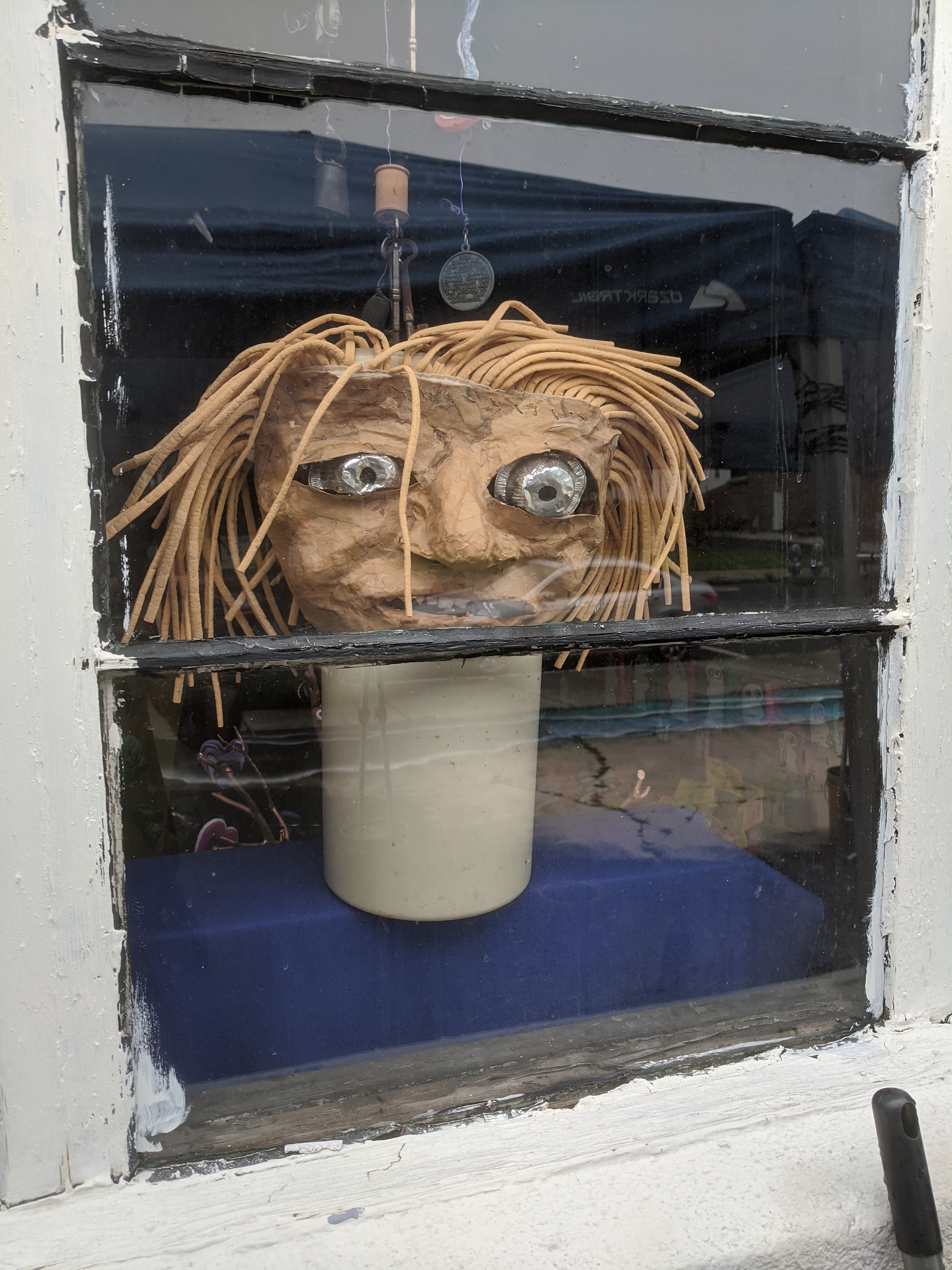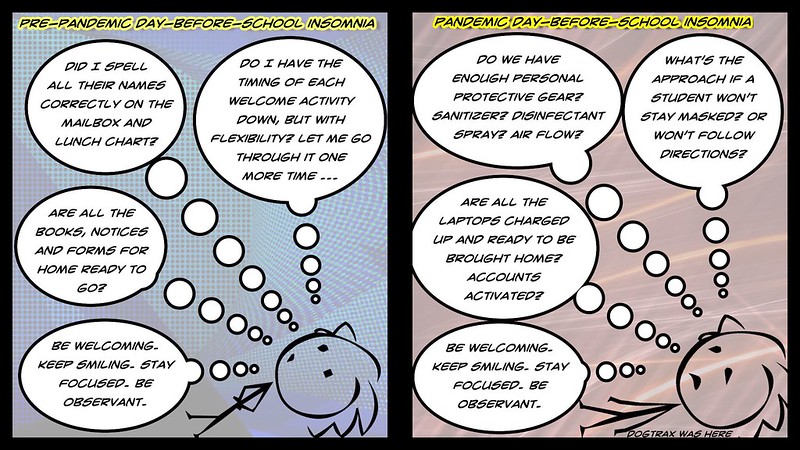
I had seen Wink, by Rob Harrell, in a few lists of “best of” book lists from last year and finally got a chance to read it during our class Independent Reading time at the end of the year, and I admit: I really enjoyed it.
Harrell, a comic strip/graphic novelists, uses his own childhood story of a rare eye cancer to inject his main middle-school-student character, Ross, with authenticity, as Ross goes through the same ordeal. The book is prose but has lots of funny doodles and a running Ross-created comic called BatPig that is hilarious and insightful, capturing the anxiety of Ross as he goes through treatment.
Stories of young people and cancer are, of course, serious business, and can often get stuck under a dark narrative cloud. There are dramatic moments here, as Ross struggles with difficult questions of why this cancer happening to him, of how his friends are either coming in close or drifting apart, and how it is affecting his family. His mother died earlier of cancer, too, and his father, during one of the more powerful scenes, tells Ross how he, the father, barely held it together after she died.
Ross is also the victim of some cruel social media posts by classmates, as he and his cancer is turned into memes that spread like wildfire and make him feel powerless. Only his best friend, Abby, holds him together until a dramatic confrontation with the meme-generating students during a lunch.
And then there’s the rock and roll. Ross decided he wants to learn to play guitar, which leads to a Talent Show, in which all of Ross’ anger and frustration at the world is let loose in an amped-up punk rock performance with Abby and another friend that startles everyone in the audience (he even destroys an old guitar on the stage in class Hendrix fashion). In music, Ross finds release.
This book is appropriate for upper elementary and middle school students, for sure.
Peace (on stage),
Kevin





